Rainforests are vital to the health of our planet, providing irreplaceable ecosystems, regulating climate, and sustaining countless species of plants and animals. However, many of these lush, biodiverse forests are under severe threat from human activities such as deforestation, logging, mining, and agriculture. In this article, we explore the top 12 most threatened rainforests globally, highlighting the urgent need for conservation efforts to protect these invaluable natural resources. From the vast Amazon Basin to the unique forests of New Caledonia, these rainforests face unprecedented challenges that put their survival, and the well-being of our planet, at risk.
Amazon Basin, South America
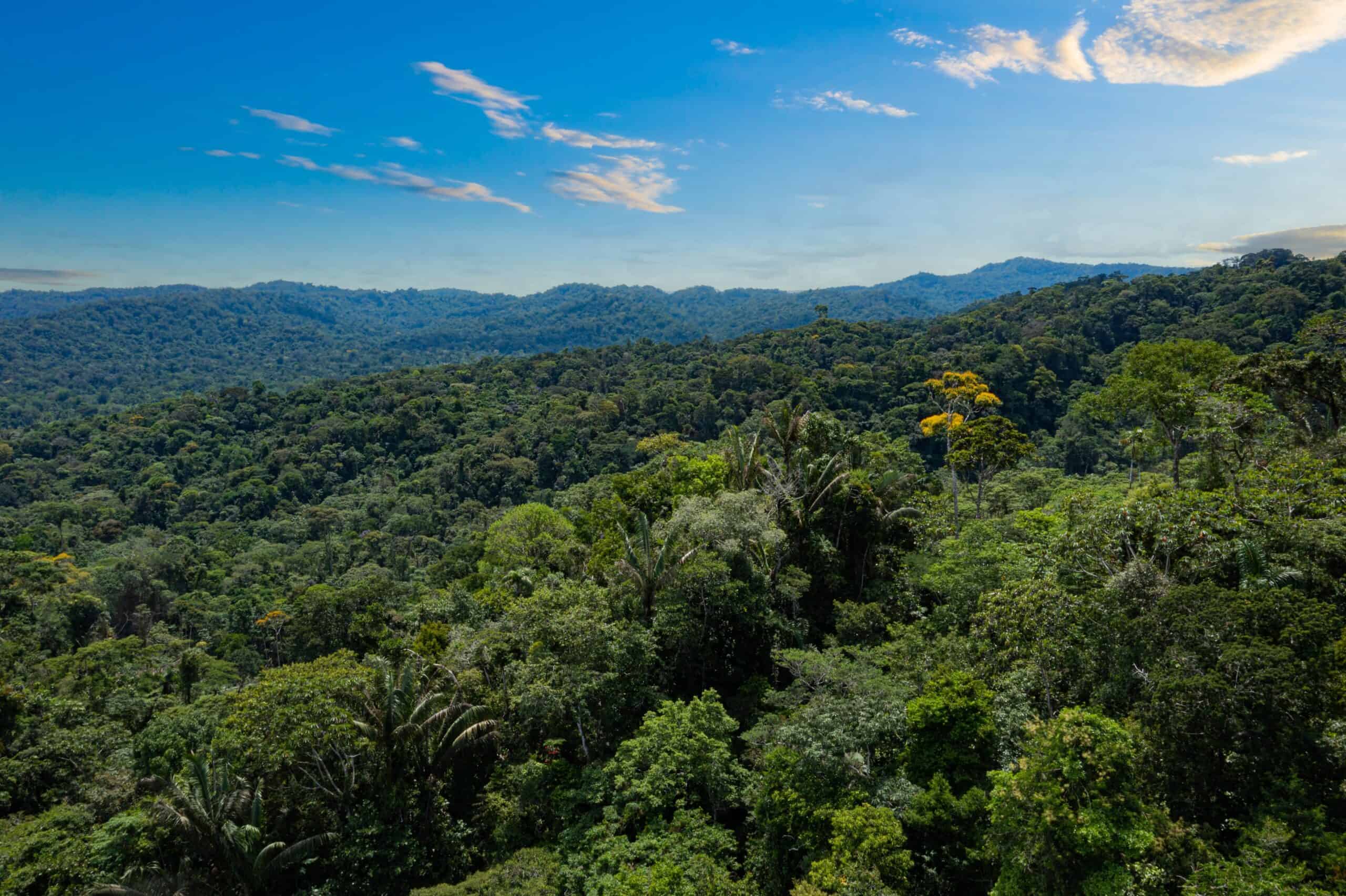
The Amazon Basin in South America, spanning over 2.7 million square miles, is one of the most threatened rainforests globally due to rampant deforestation, illegal logging, and agricultural expansion. The basin, home to an unparalleled biodiversity, faces immense pressure from activities such as cattle ranching, soy farming, and mining. These practices not only destroy vast areas of forest but also disrupt the delicate ecosystems within. Climate change exacerbates these threats, leading to more frequent droughts and forest fires. Additionally, infrastructure projects like road construction further fragment the forest, making it more vulnerable to exploitation and decreasing its ability to sustain its rich flora and fauna.
New Caledonia
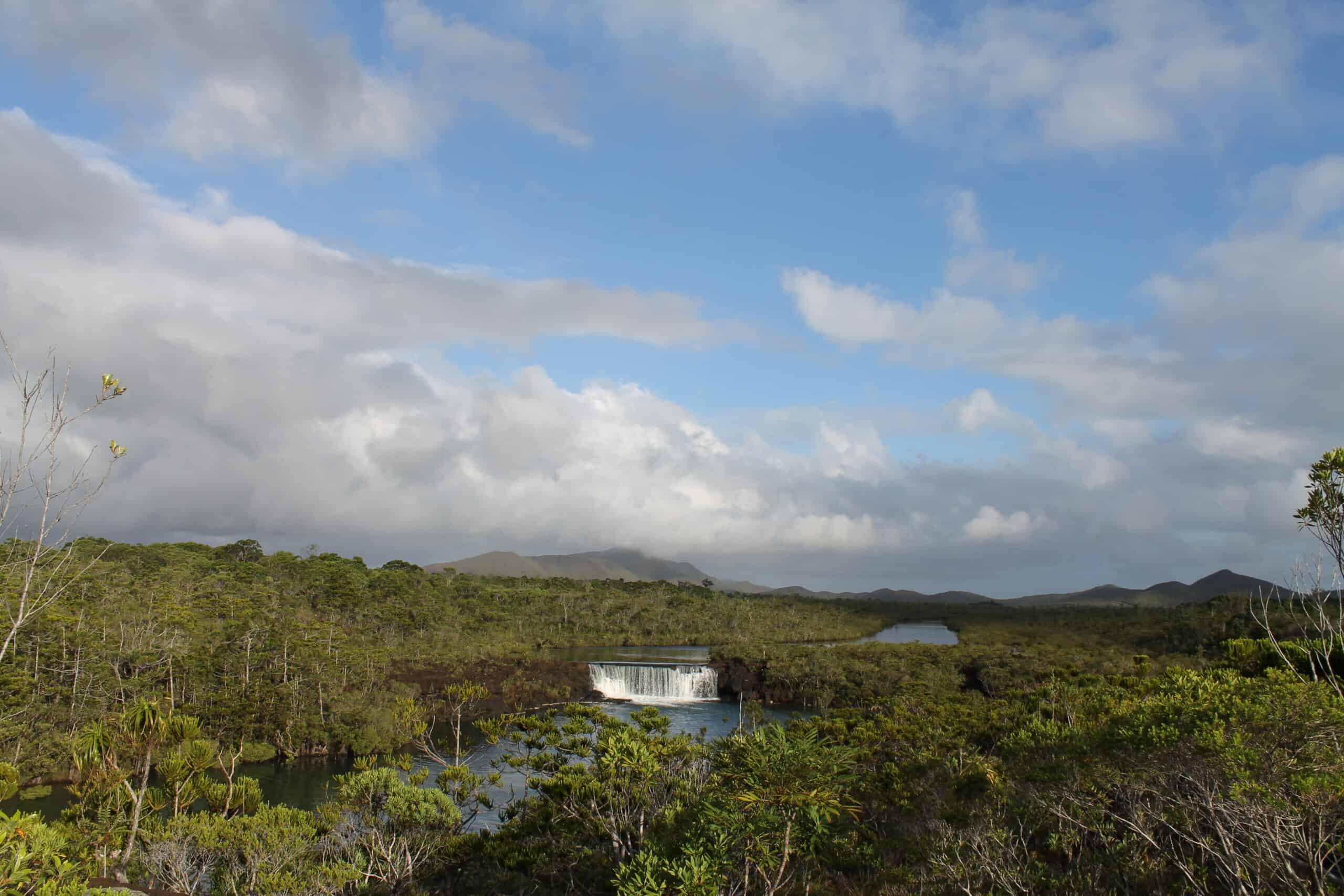
New Caledonia’s rainforests are incredibly unique, harboring over 3,000 plant species, 75% of which are endemic. This biodiversity hotspot is home to the endangered kagu bird and numerous other species found nowhere else. However, only 5% of the original forest cover remains due to extensive deforestation driven by nickel mining, logging, and invasive species. The fragile ecosystems are under constant threat, requiring urgent conservation efforts to preserve their unique flora and fauna.
Philippines
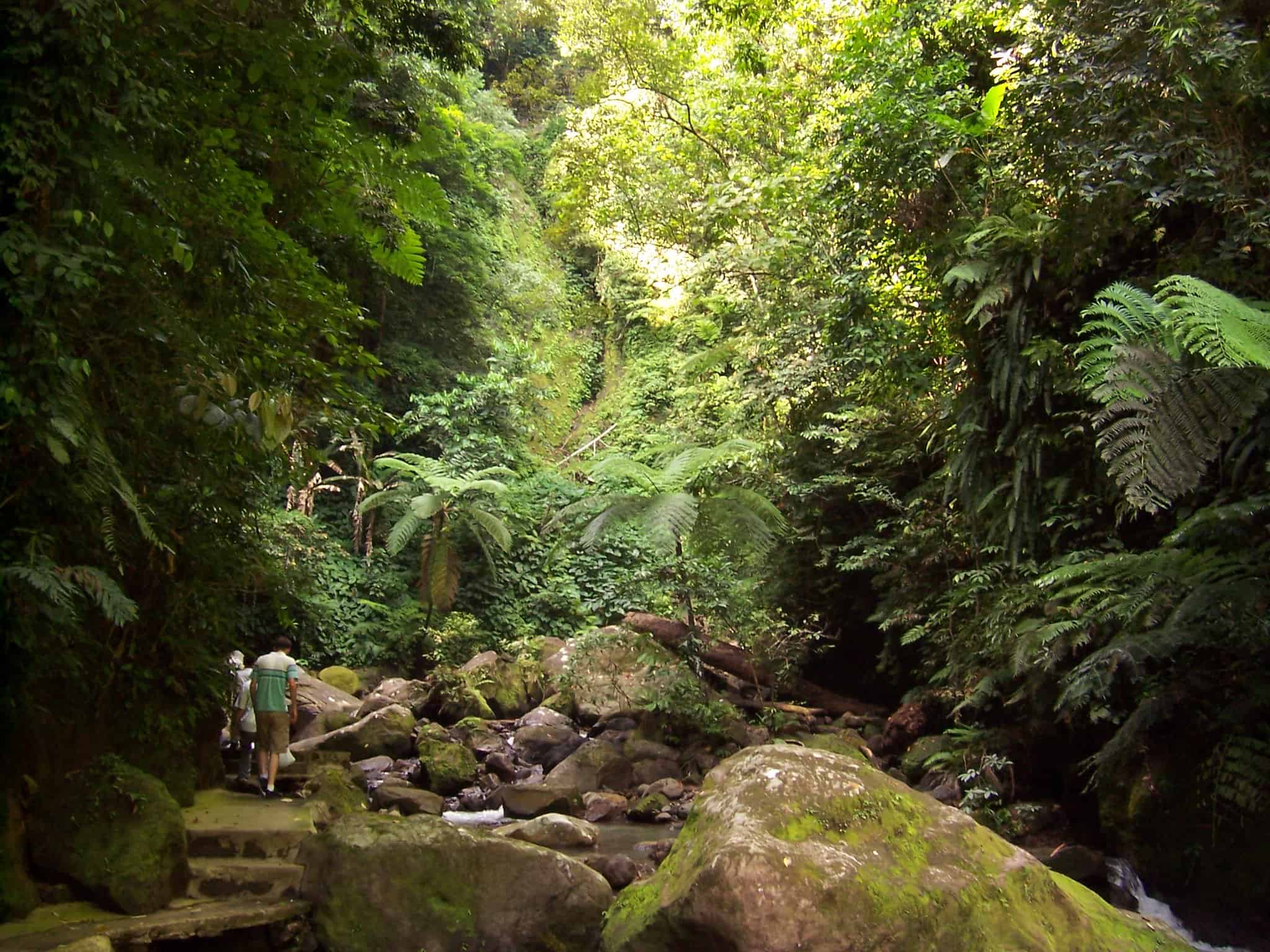
The Philippines’ rainforests are among the most threatened globally, with only about 7% of the original forest cover remaining. These forests are home to unique species like the Philippine eagle and the tarsier. The primary threats include illegal logging, agricultural expansion, and urban development driven by a rapidly growing population. The loss of these forests threatens both biodiversity and the livelihoods of millions who depend on forest resources for food, medicine, and shelter.
Atlantic Forest, Brazil
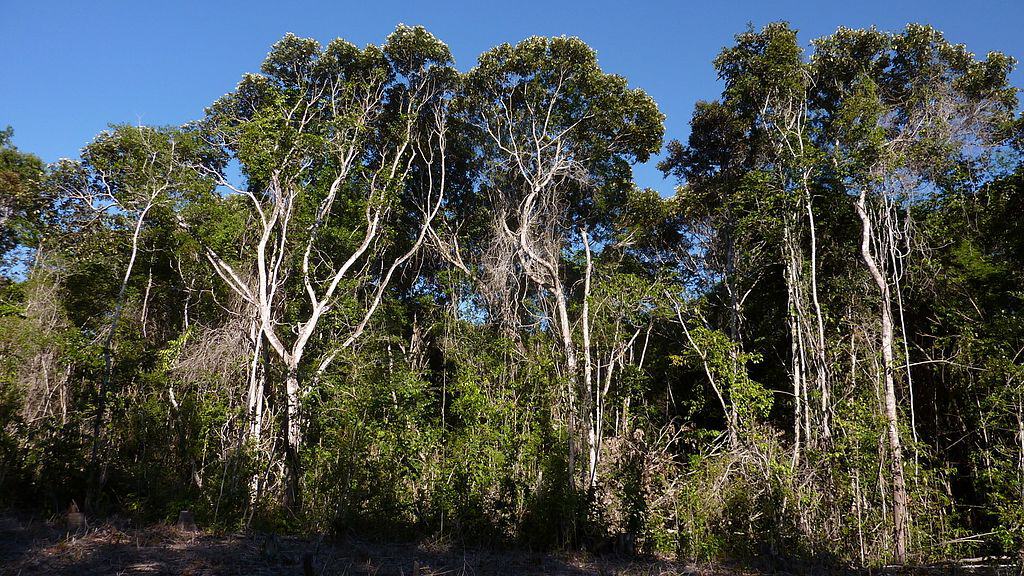
The Atlantic Forest, once covering much of Brazil’s eastern coast, has been reduced to about 8% of its original size. This forest is a biodiversity hotspot, home to thousands of plant and animal species, many of which are endemic. Major threats include urban sprawl, agriculture, and cattle ranching. The remaining forest fragments are crucial for conservation, providing habitat for endangered species like the golden lion tamarin and maintaining ecological balance. Conservation efforts focus on protecting and restoring these critical areas.
Mountains of Southwest China
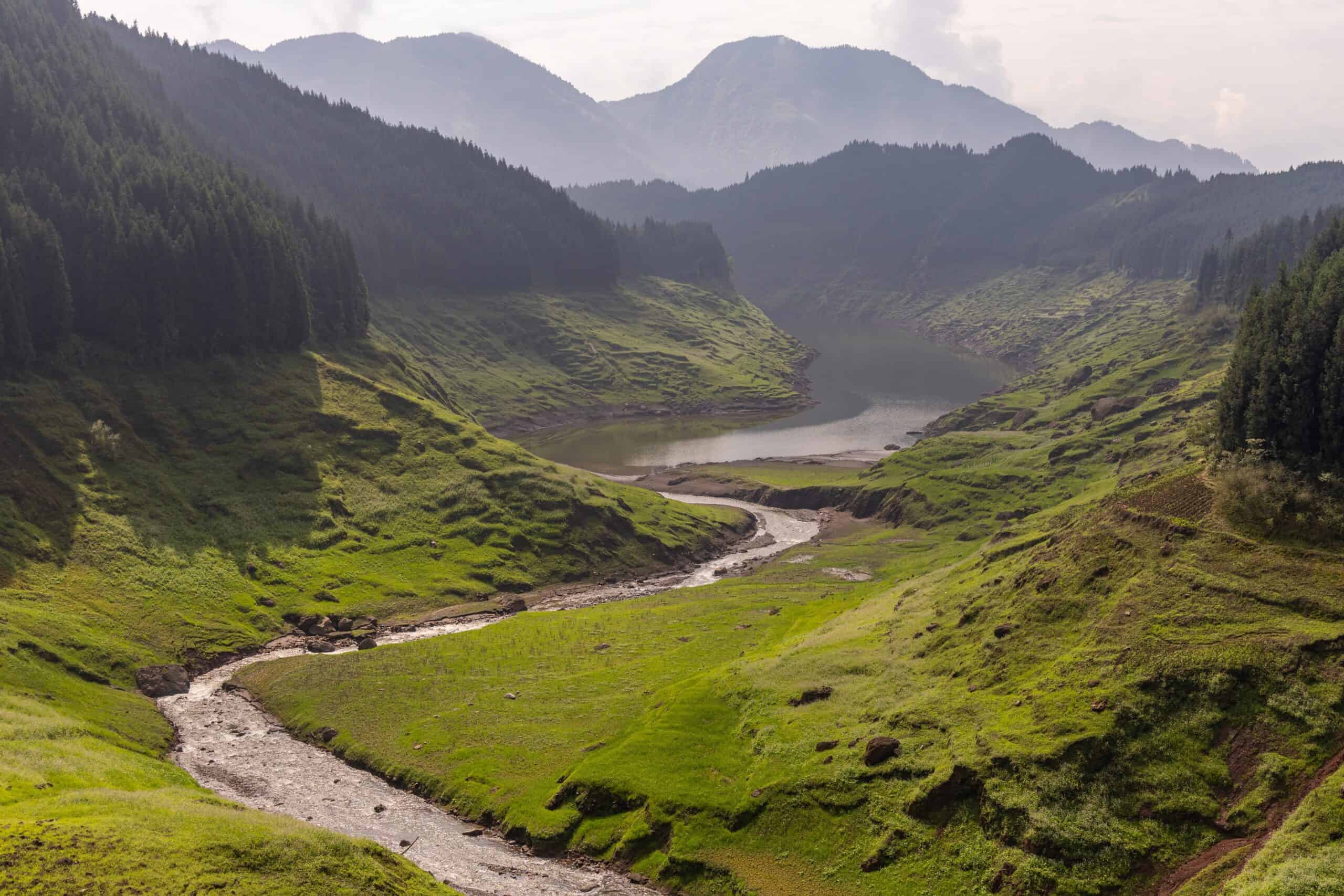
Southwest China’s mountainous forests are home to the giant panda and other unique species. These forests, which have been reduced to 8% of their original extent, are crucial for biodiversity and support important river systems like the Yangtze. Threats include overgrazing, firewood collection, illegal hunting, and rapid industrial development. The degradation of these forests impacts not only wildlife but also water supply for millions of people. Conservation efforts are focused on habitat restoration and sustainable resource management.
Coastal Forests of Eastern Africa
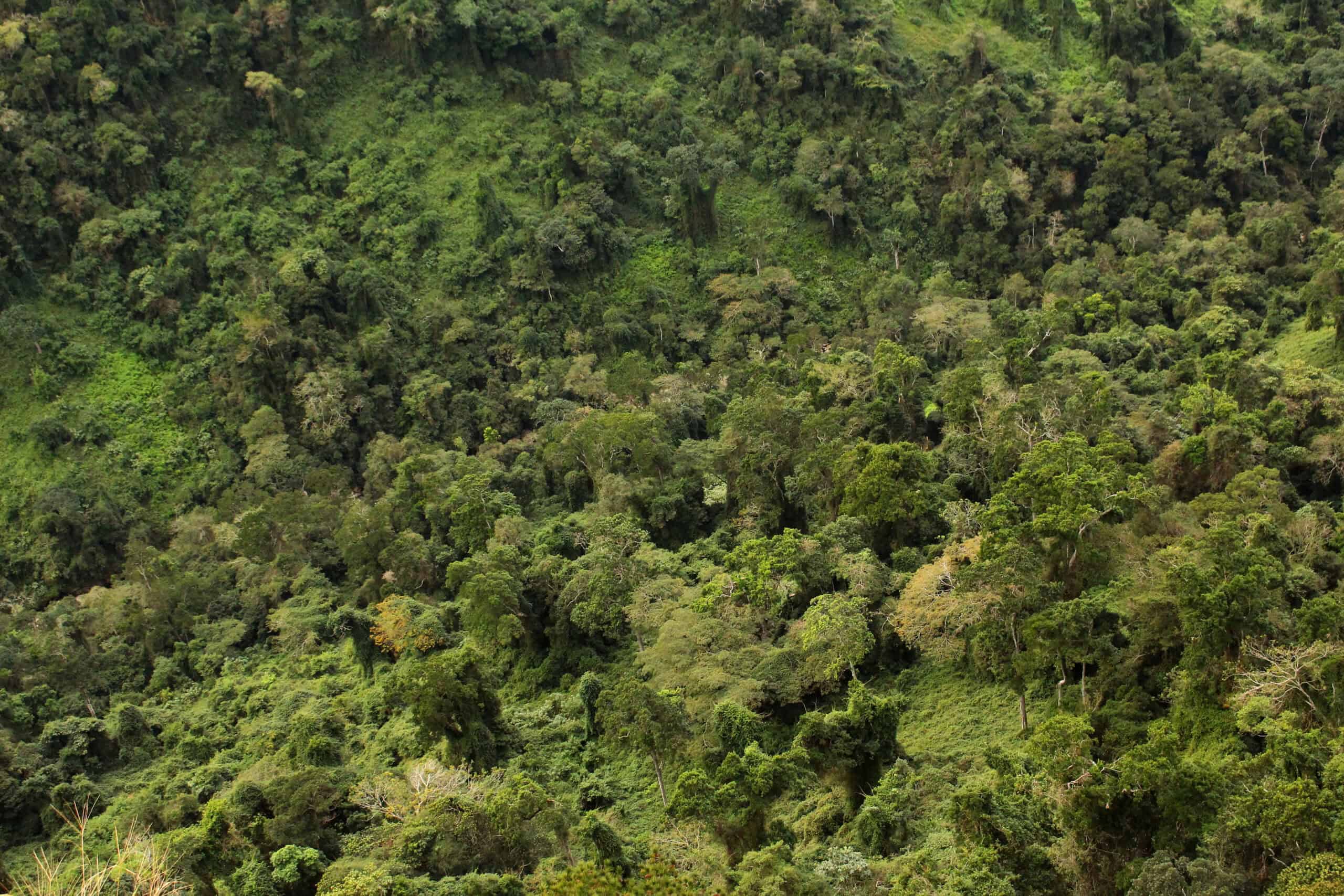
The coastal forests of Eastern Africa, spanning from Somalia to Mozambique, are highly fragmented, with only 10% of their original cover remaining. These forests support unique primate species and other wildlife. Agricultural expansion, both commercial and subsistence, along with bushmeat hunting, are the major threats. The loss of these forests poses a severe risk to biodiversity and local communities who rely on them for resources.
Boreal Forest, Canada
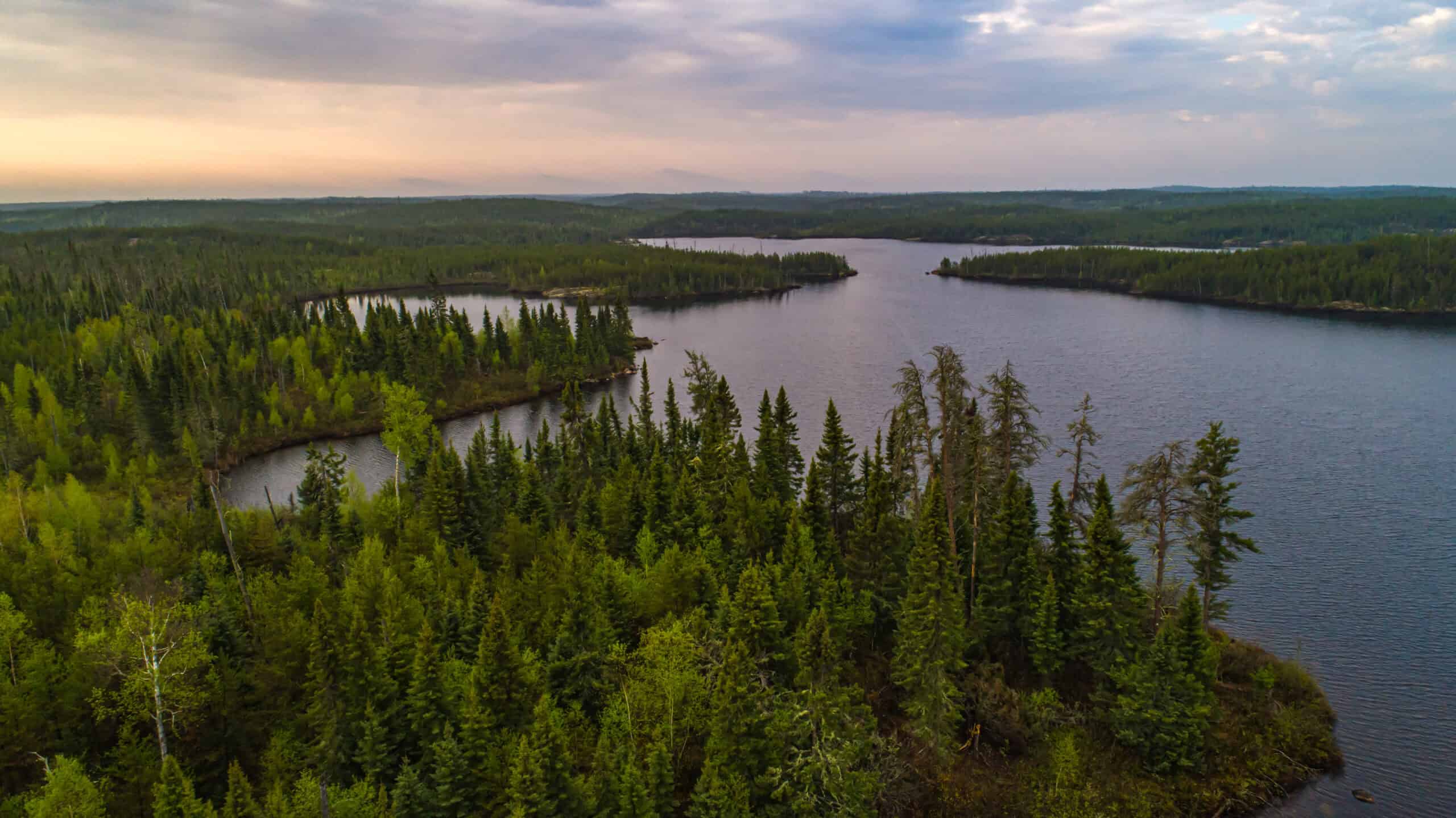
The Boreal Forest in Northern Canada is one of the world’s largest intact forests, crucial for carbon storage and climate regulation. It supports a variety of wildlife, including caribou and wolves. However, it faces threats from logging, mining, and climate change. Conservation efforts focus on protecting large areas to maintain ecosystem integrity and support indigenous communities.
Great Bear Rainforest, Canada
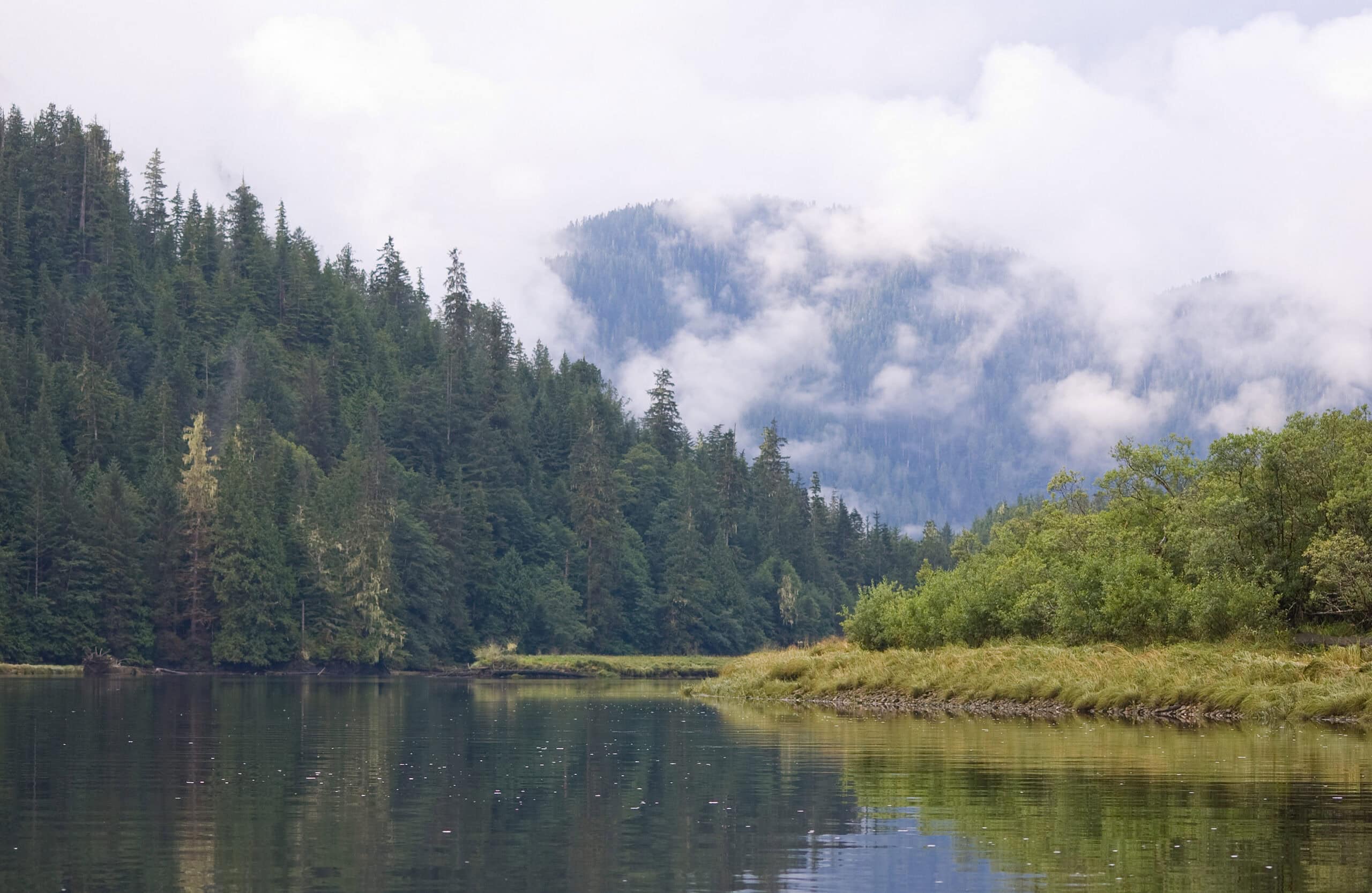
The Great Bear Rainforest on Canada’s Pacific coast is one of the largest temperate rainforests globally, known for its high biodiversity and carbon storage. Despite protection efforts, logging and climate change pose significant threats. Conservation initiatives aim to balance ecological preservation with sustainable economic development, ensuring the survival of this unique ecosystem.
Leuser Ecosystem, Indonesia
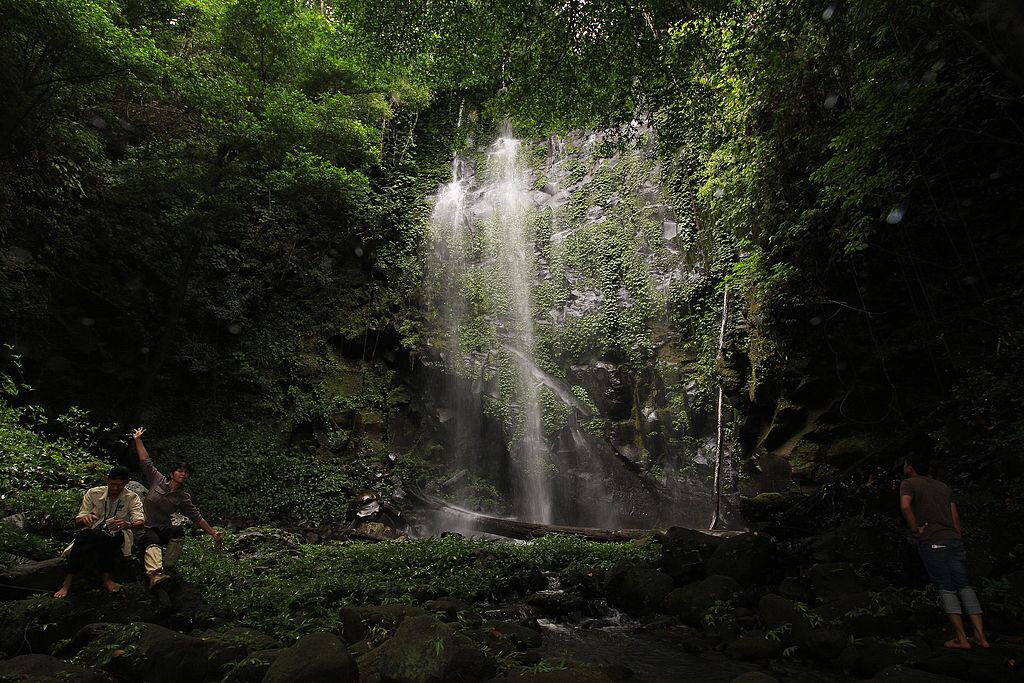
The Leuser Ecosystem in Sumatra is one of the last places on Earth where orangutans, rhinos, elephants, and tigers coexist. Deforestation for palm oil plantations and illegal logging are major threats. Protecting this unique ecosystem is critical for biodiversity and climate regulation. Conservation efforts focus on sustainable land use practices and enforcement of environmental laws.
Taiga, Russia

The Taiga, stretching across Russia and Siberia, is the world’s largest land biome and a significant carbon sink. Illegal logging and forest fires threaten this critical habitat, which supports species like tigers, leopards, and brown bears. Conservation efforts focus on sustainable forest management and reducing illegal activities to protect this vast and important ecosystem.
Congo Basin, Africa
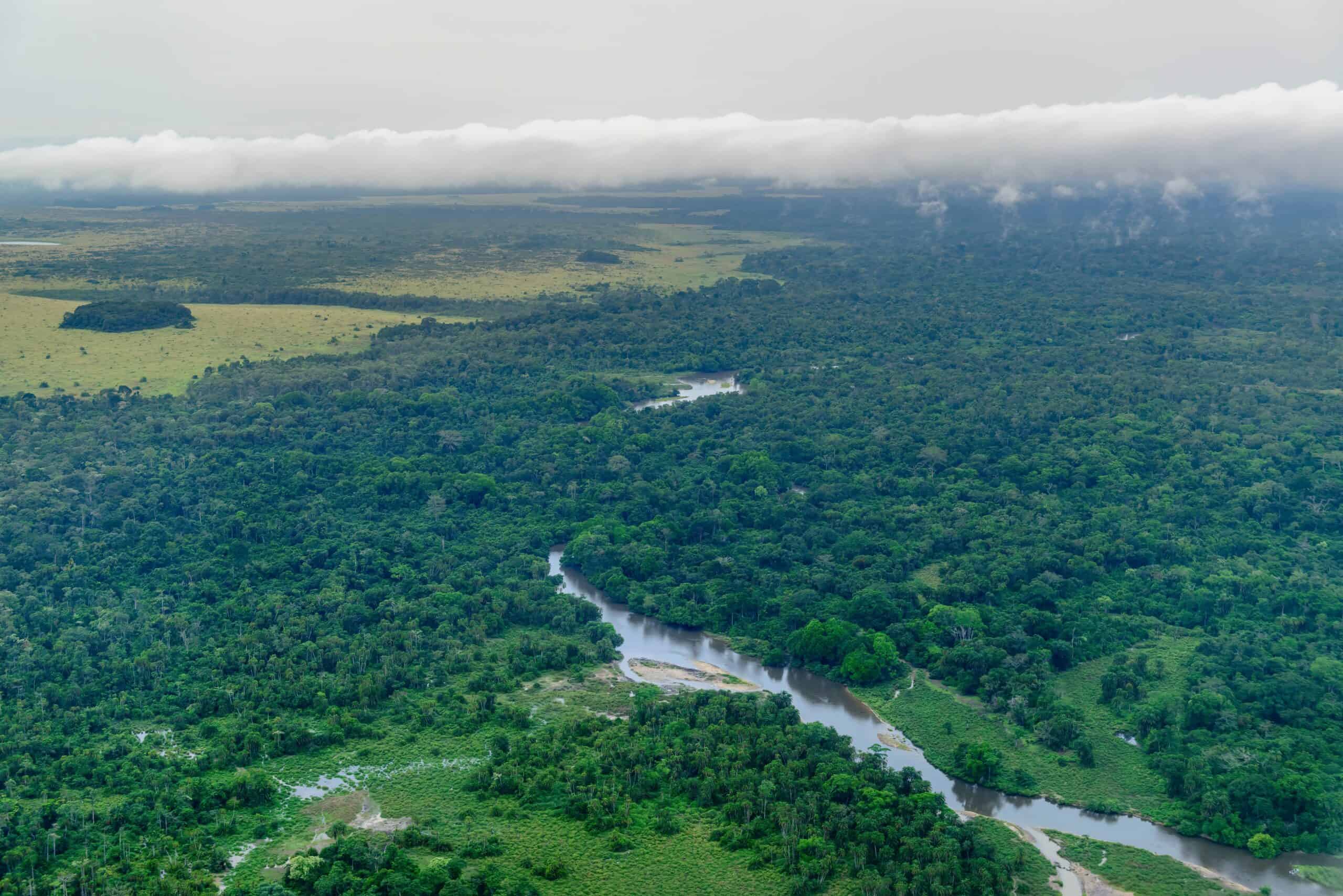
The Congo Basin is the world’s second-largest tropical rainforest, covering 145 million hectares. It is vital for global climate stability and biodiversity, supporting endangered species like bonobos and forest elephants. Industrial logging, mining, and agricultural expansion threaten its integrity. Protecting the Congo Basin is essential for maintaining its ecological and social benefits, supporting both biodiversity and local communities.
Sumatra, Indonesia
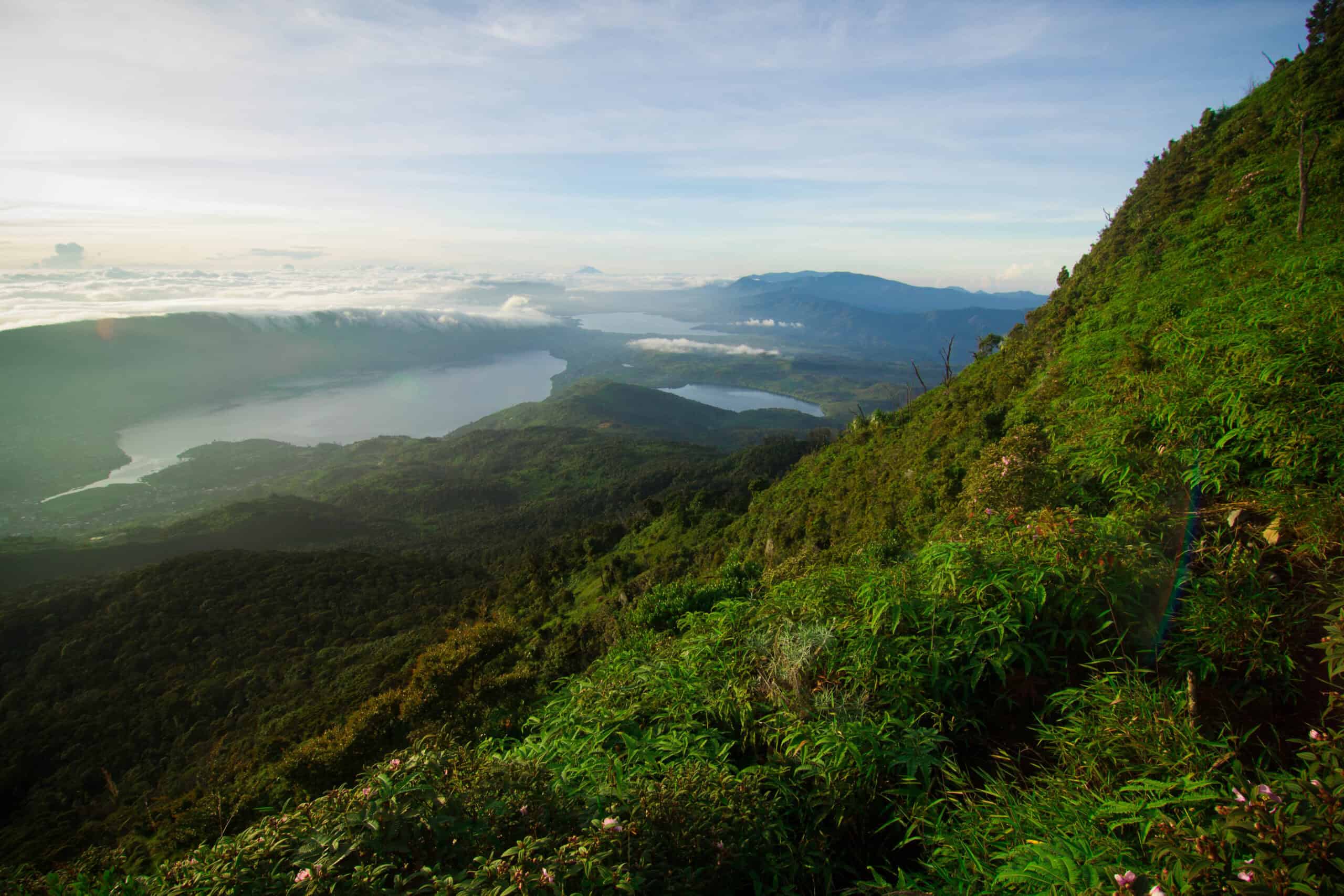
Sumatra’s rainforests are among the most threatened globally due to deforestation for palm oil and pulp plantations. These forests are home to critically endangered species like the Sumatran tiger and rhinoceros. Conservation efforts aim to halt deforestation and promote sustainable land use practices to protect this critical biodiversity hotspot.
This article originally appeared on Rarest.org.
More from Rarest.org
19 Most Threatened Reptiles in the World
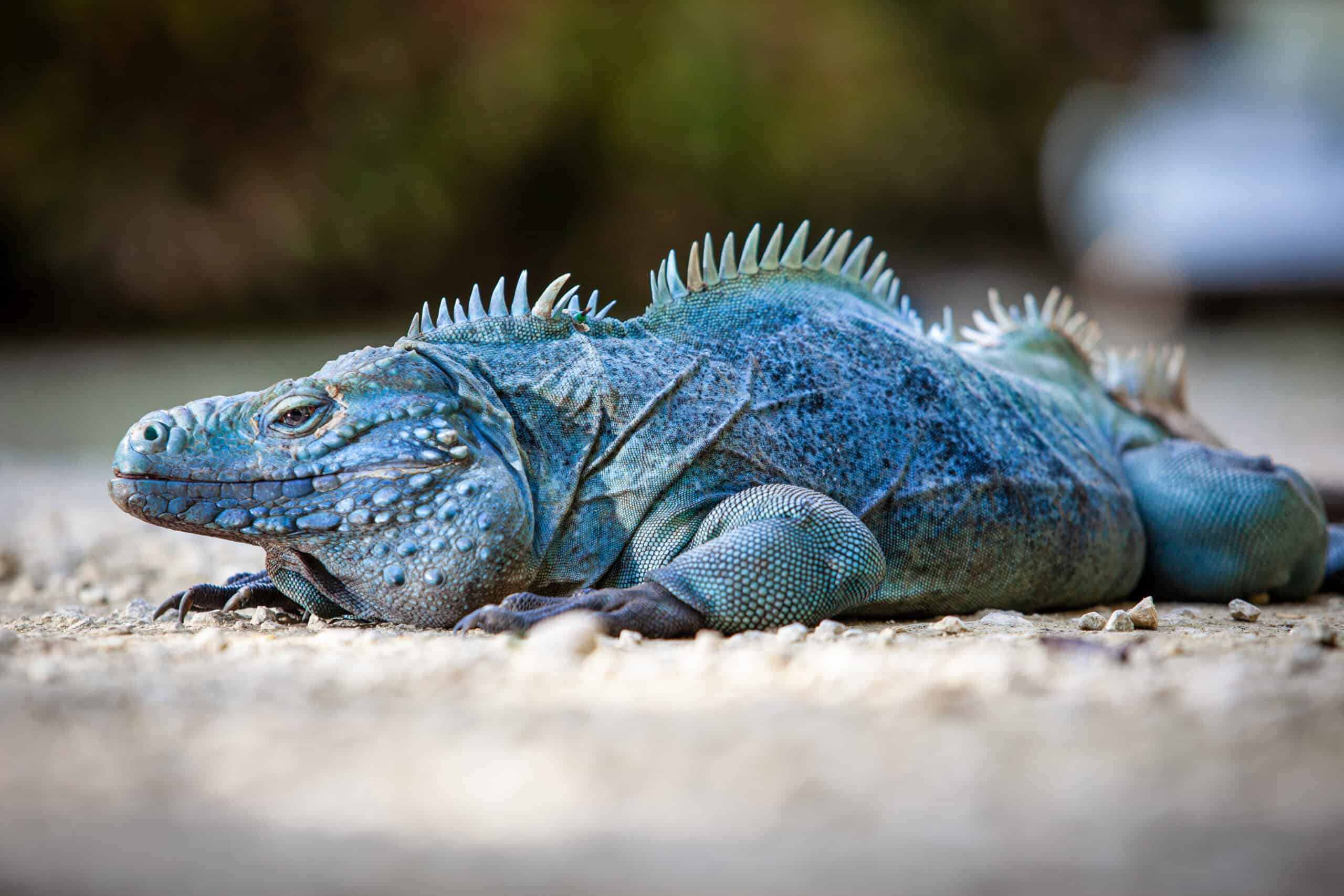
Reptiles are a vital part of our planet’s biodiversity. Many species face threats due to habitat loss, poaching, and climate change. Read more.
14 Most Expensive Zip Codes in the World

Exploring the most expensive zip codes in the world offers a glimpse into areas defined by luxury and exclusivity. These regions are home to some of the priciest real estate on the planet. Read more.
13 Most Affluent Areas in Major Cities
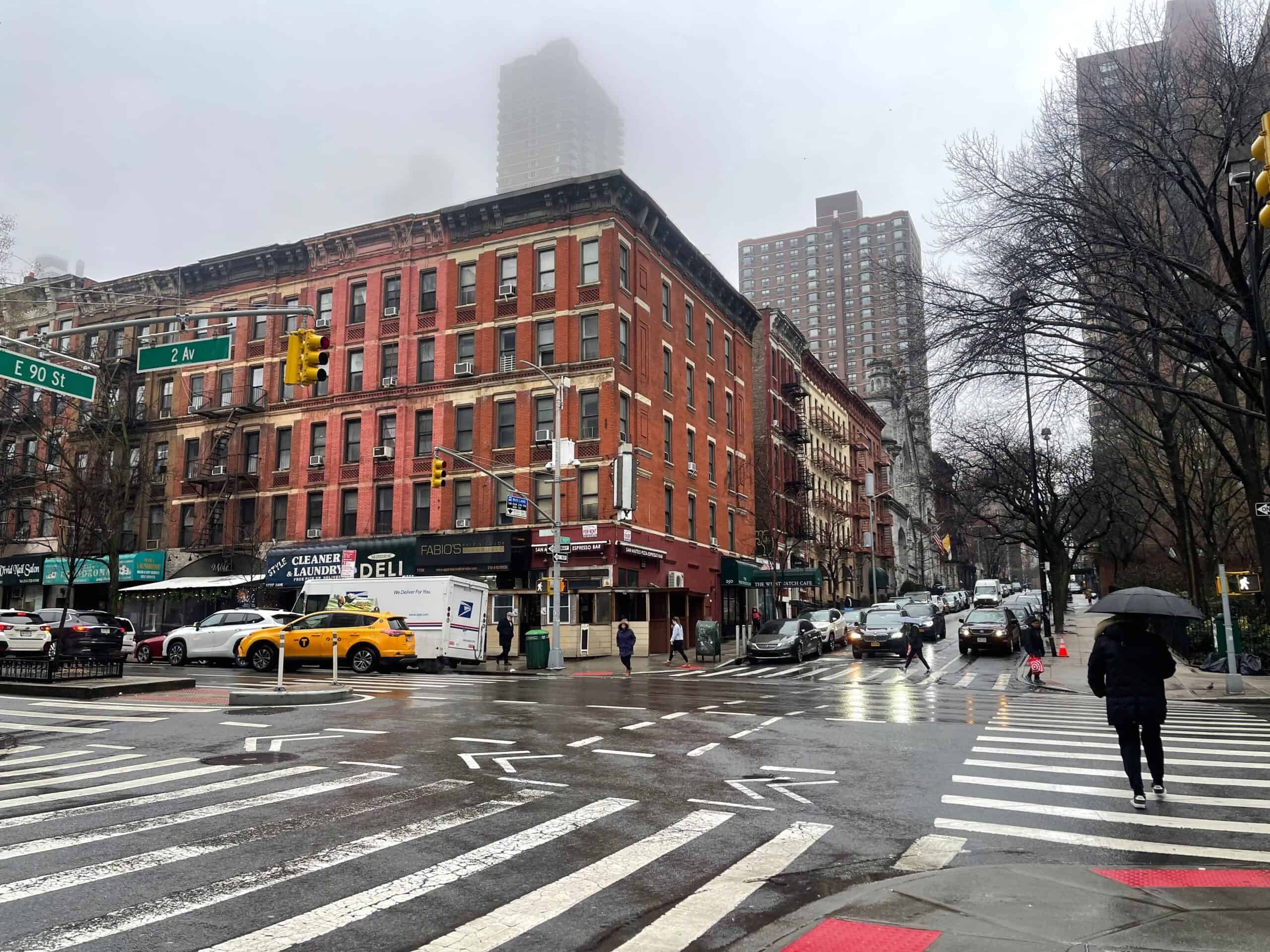
Discover the most affluent areas in major cities worldwide, each offering a unique blend of luxury, exclusivity, and cultural significance. Read more.
